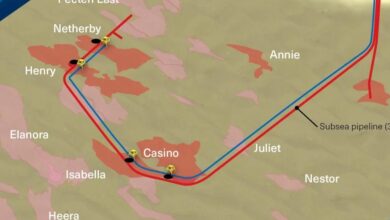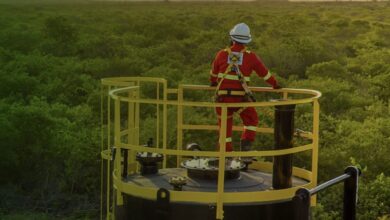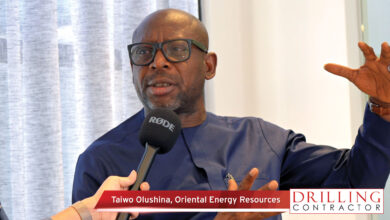GlobalData: Flurry of final investment decisions kicks off more promising year for upstream oil and gas across EMEA
With delays and COVID-19 restrictions hampering oil and gas project timelines in 2020, 2021 is forecast to see a bump in both field starts and final investment decisions across the Europe, Middle East and Africa (EMEA) region, according to GlobalData.
“A strong start to 2021 has resulted in a number of project approvals across EMEA so far, including the giant US$30 billion North Field East development in Qatar, which could well be the largest upstream project sanctioned globally this year,” said Daniel Rogers, Senior Oil and Gas Analyst at GlobalData. “2021 has provided a ray of optimism for the sector so far as 2020 experienced multi-year lows for project starts and a slump in upstream investment, seeing a decline of approximately 30% in global upstream development and production capex”
The market turbulence in 2020 led to the majority of E&P companies opting to defer project investment decisions amid capital preservation measures. This year could see those projects reconsidered for investment as lockdown measures ease and oil prices return to pre-COVID-19 levels while economies commence recovery.
“In the UK, Shell has stakes in two major greenfield developments due for sanction this year, Cambo and Jackdaw, which could see the company invest over US$1 billion in the country,” Mr Rogers said. “In Norway, attractive tax incentives could push through a number of smaller developments being considered and field electrification projects at Snøhvit and Oseberg could also be approved.
“Some critical projects across Africa are poised for final approval, including Uganda’s first major oil development – the controversial but economically impactful Tilenga oil project led by Total. Furthermore, Morocco’s first offshore gas development, Anchois, aims to play a pivotal role in the country’s strategy of reducing gas imports from Algeria and transitioning to a lower carbon energy source.”
Qatar Petroleum sanctioning the giant North Field East project earlier this month emphasizes the long-term viability and commerciality of mega LNG projects. However, it may also raise competition for targeting LNG buyers into the late 2020s, potentially creating challenges for upcoming LNG developments elsewhere in the US, Canada and Mozambique. Other notable projects due for sanction are UAE-based gas developments including the multibillion-dollar Hail and Ghasha sour gas projects and development of the Umm Shaif gas cap.
“Despite continued trepidation going into 2021, the upstream sector will be optimistic with the price recovery and investment commitments already seen so far,” Mr Rogers said. “Sustained prices above US$60 per barrel could well move forward developments that have been put on hold across EMEA throughout 2020.”




